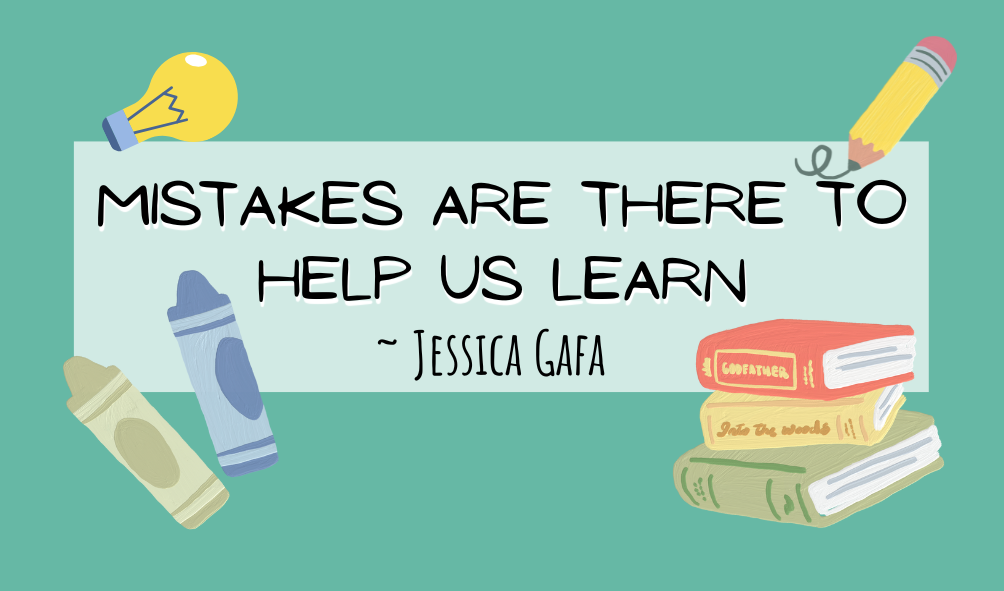My Teaching Philosophy
I believe that teaching is more than the delivery of content. It is about creating opportunities for students to think critically, take risks, and discover their own potential. As a mathematics teacher, my role is to empower students with not only skills and knowledge but also the confidence to apply them beyond the classroom.
At the heart of my philosophy is the conviction that every student can learn and succeed when given the right environment and support. I strive to design lessons that are inclusive, engaging, and responsive to diverse learning needs. This includes scaffolding concepts in multiple ways, incorporating technology and hands on activities, and providing real world contexts that make learning relevant.
I value a classroom culture built on respect, collaboration, and curiosity. Students learn best when they feel safe to make mistakes, ask questions, and share their ideas. By modelling empathy, patience, and enthusiasm, I aim to foster positive relationships where students feel seen and encouraged.
also view myself as a lifelong learner. Reflection on my own teaching practice, including what went well, what challenged me, and how students responded, is essential to my growth. I welcome feedback from colleagues, students, and families, and I use it to continually refine my practice.
Ultimately, my goal as a teacher is to inspire students to see themselves as capable learners and problem solvers. I want them to leave my classroom not only with stronger academic skills but with the belief that they can tackle challenges, think critically, and contribute meaningfully to their communities.
Behaviour Management Philosophy
I believe that behaviour is a form of communication and that every behaviour happens for a reason. Rather than viewing challenging behaviour as something to simply stop, I see it as an opportunity to understand what a student is experiencing and what support they may need. My approach begins with identifying the underlying causes, whether they are social, emotional, academic, or environmental.
By building positive relationships and creating a safe and respectful classroom environment, I aim to prevent many issues before they arise. When challenges do occur, I focus on restorative conversations, consistency, and strategies that teach self regulation rather than punishment. This allows students to feel heard, supported, and guided toward making better choices in the future.
My goal is to help students develop the skills they need to manage their own behaviour, while also maintaining a classroom culture that is calm, inclusive, and focused on learning.
